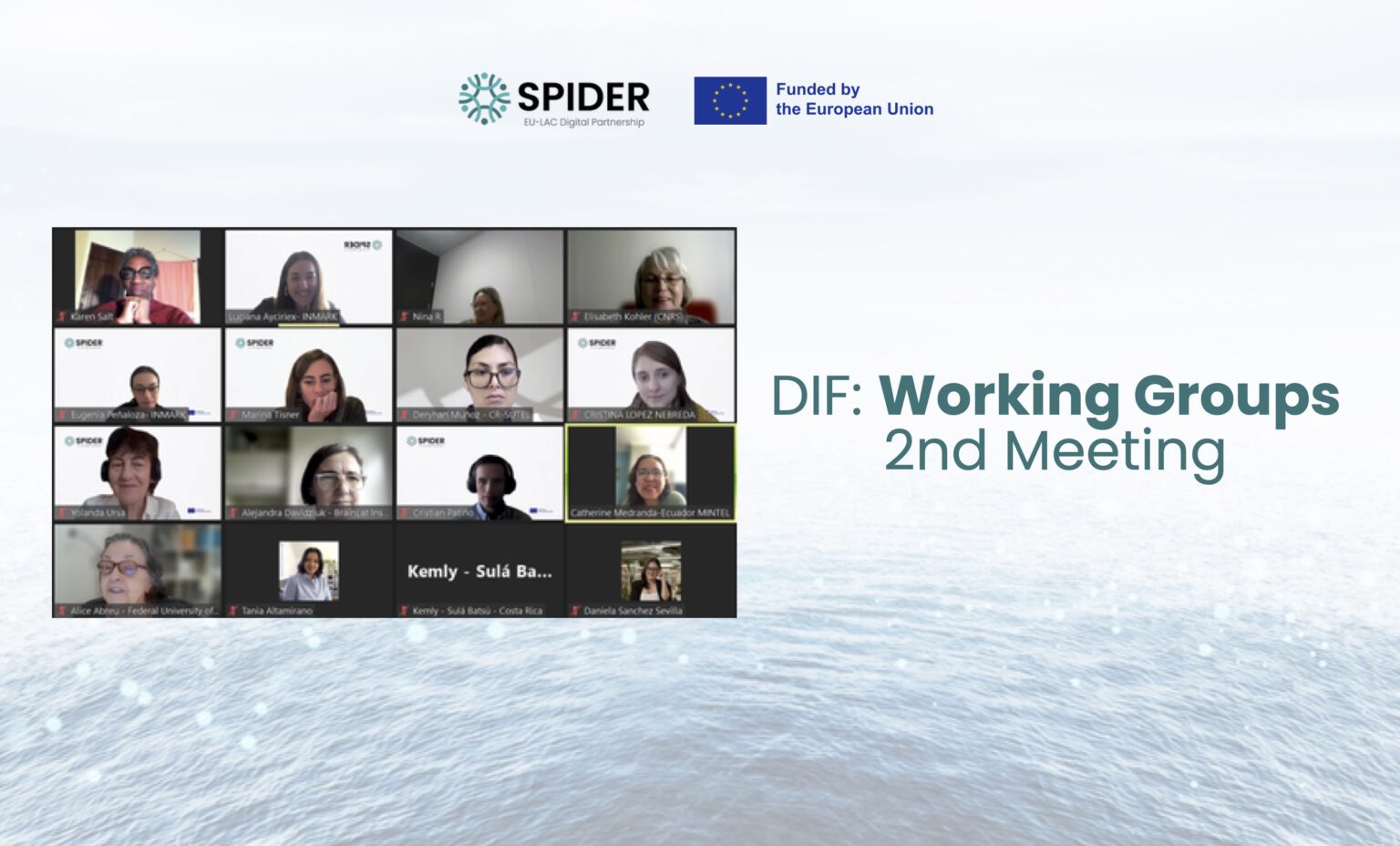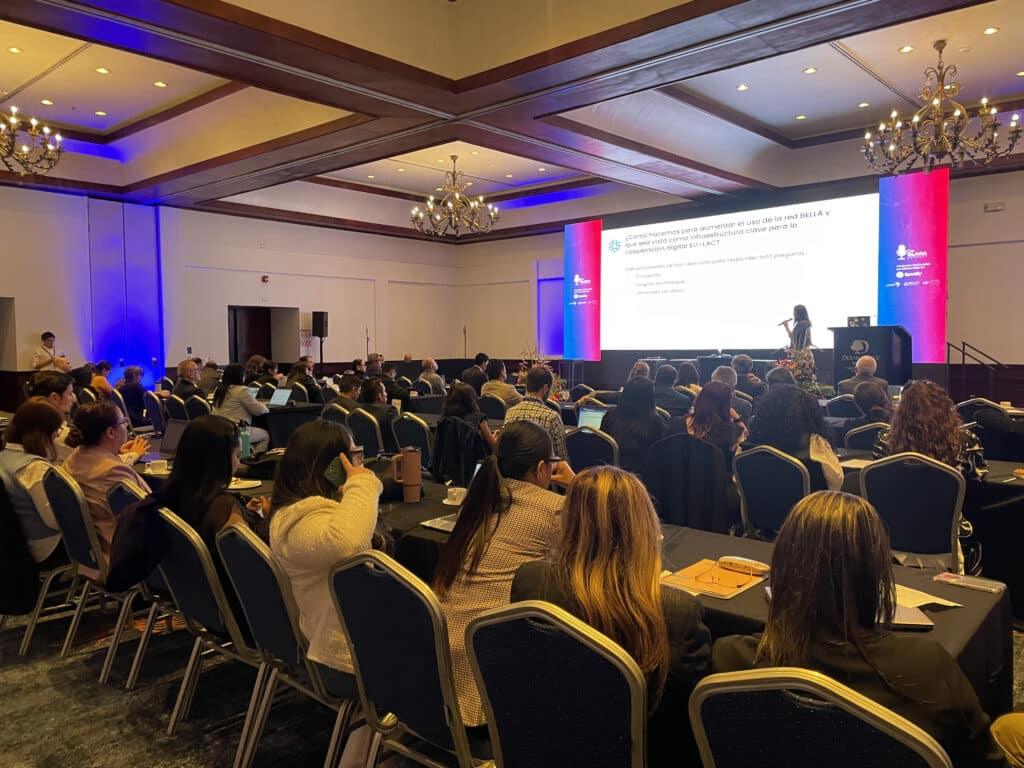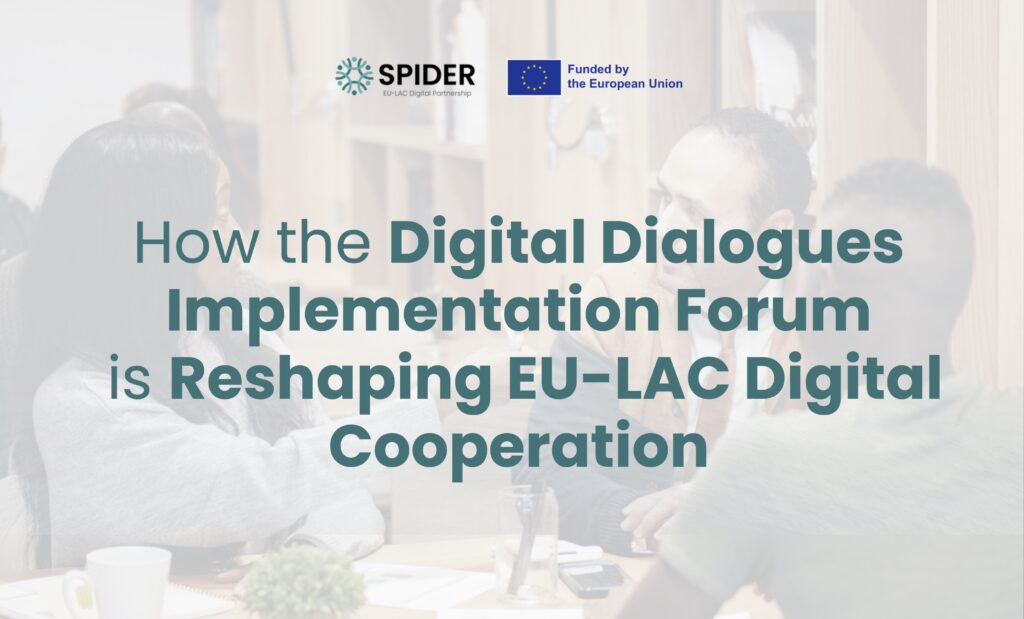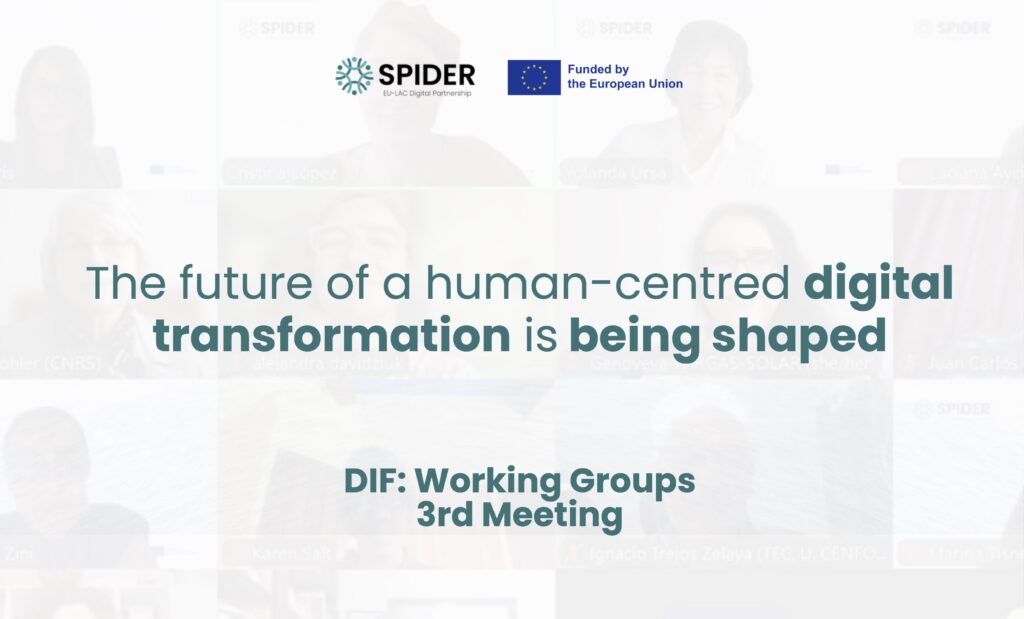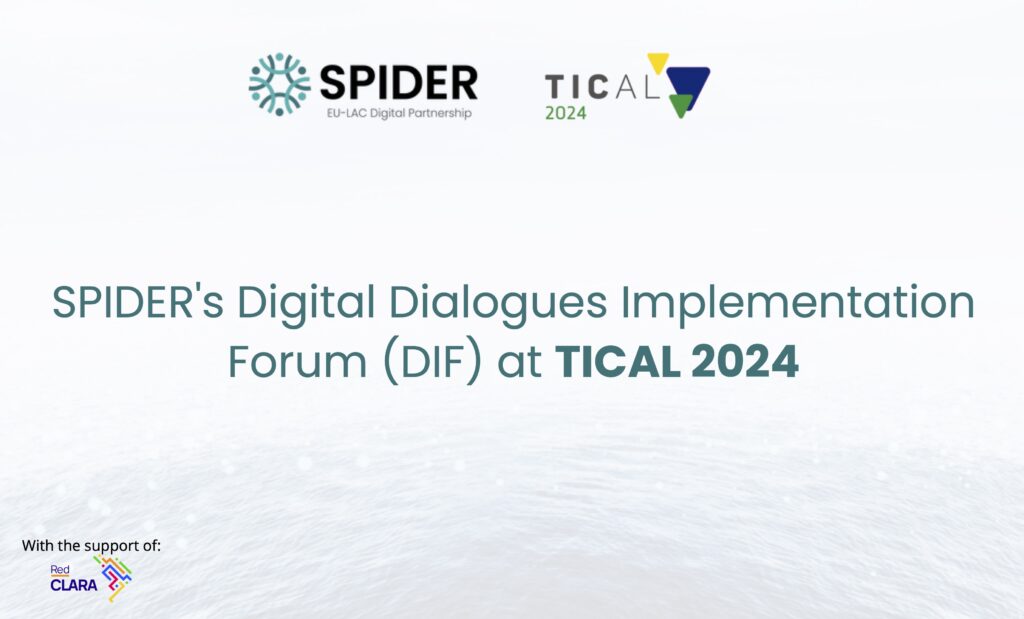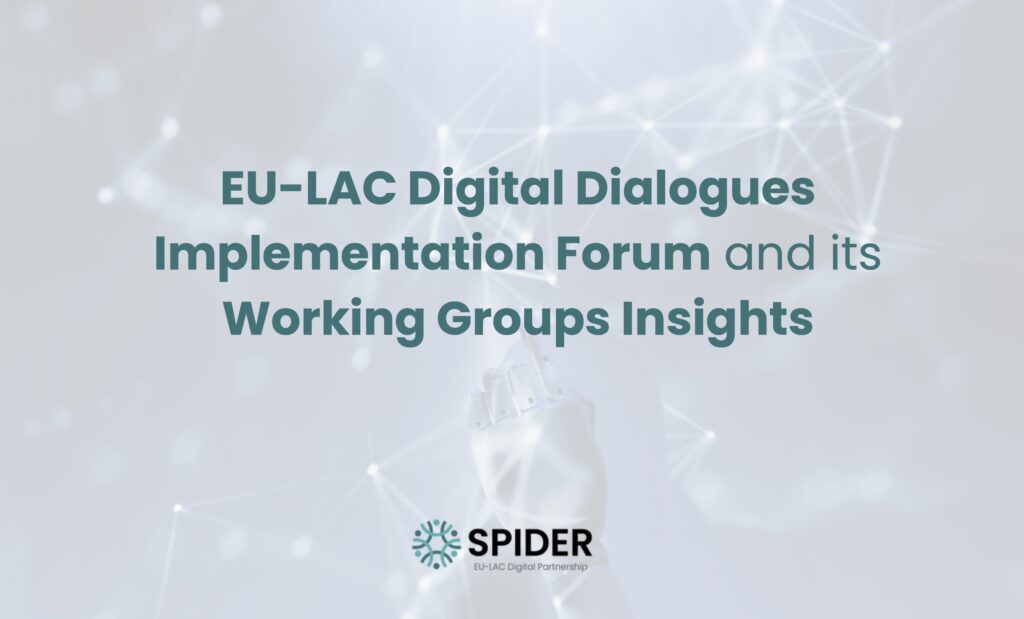On November 4, SPIDER celebrated its second meeting of the DIF Working Groups, focusing on critical topics for advancing human-centric digital transformation. The meeting brought together experts from diverse fields, fostering vibrant discussions on regulation, ethics, education, diversity, equity, and inclusion (DEI). Here’s a glimpse into the discussions between the two working groups.
Working Group 1: Shaping a Human-Centric Digital Future
The first session of WG1 laid the groundwork for exploring the intersections of regulation, ethics, and education in driving human-centric digital transformation. Participants engaged in two parallel breakout rooms, diving into complex challenges and innovative solutions.
Breakout Room A: Navigating Regulation, Ethics, and Data Ownership
In this room, participants grappled with the fast-evolving regulatory landscape. Key insights included:
- Regulatory Adaptation: Leveraging “innovation sandboxes” to test emerging technologies under real-world conditions while safeguarding human rights.
- Bias in AI: Tackling inherent data biases through collaborative algorithm audits, with communities and academic institutions leading the charge.
- Public-Private Partnerships: Emphasizing the role of these alliances in bridging digital literacy gaps.
- Data Control: Advocating for international tools that enhance individual control over personal data in cross-border initiatives.
Breakout Room B: Education and Global Collaboration
Participants explored ways to integrate social impact into education and align EU-LAC initiatives for a human-centric digital future:
- Curriculum Innovation: Designing interdisciplinary modules that combine technical, social, and business skills to prepare students for socially responsible digital work.
- Financial Inclusion: Promoting technologies like blockchain to empower marginalized communities, supported by innovation challenges and targeted funding.
- Data Privacy and Open Science: Balancing privacy with collaborative research through anonymization, secure data practices, and robust consent mechanisms.
- EU-LAC Collaboration: Aligning efforts around health data interoperability, mutual recognition agreements, and regulatory sandboxes to respect regional differences in privacy and data sovereignty.
Working Group 2: Advancing DEI in Digital Transformation
WG2 centered its discussions on embedding Diversity, Equity, and Inclusion principles into digital transformation. Two breakout rooms tackled cultural barriers and actionable strategies for promoting DEI.
Breakout Room C: Integrating DEI into Digital Transformation
Participants highlighted the cultural and structural challenges in applying DEI principles:
- Cultural Barriers: Addressing resistance within organizations and ensuring inclusive digital career pathways.
- Economic and Social Benefits: Demonstrating that inclusive practices drive innovation and economic growth.
- Diversity in Innovation: Leveraging varied perspectives to create more responsive and inclusive technologies.
- Knowledge Exchange: Enhancing EU-LAC collaboration through shared best practices and case studies.
Breakout Room D: Turning DEI Principles into Action
The focus here was on practical implementation and monitoring:
- Equitable Access: Bridging the digital divide in underserved areas with sustainable infrastructure solutions.
- Accountability Mechanisms: Establishing transparent DEI monitoring and reporting processes.
- Funding Models: Designing joint EU-LAC initiatives with clear criteria to support DEI-focused projects.
- Empowering Women Entrepreneurs: Connecting women with digital resources, financial tools, and mentorship opportunities to thrive in the digital sector.
SPIDER’s second working group meeting underscored the importance of collaborative, cross-regional efforts to build a digital future prioritizing human-centric values and inclusivity. With each session, we continue to advance toward our collective goal: a digitally transformed world that leaves no one behind.

